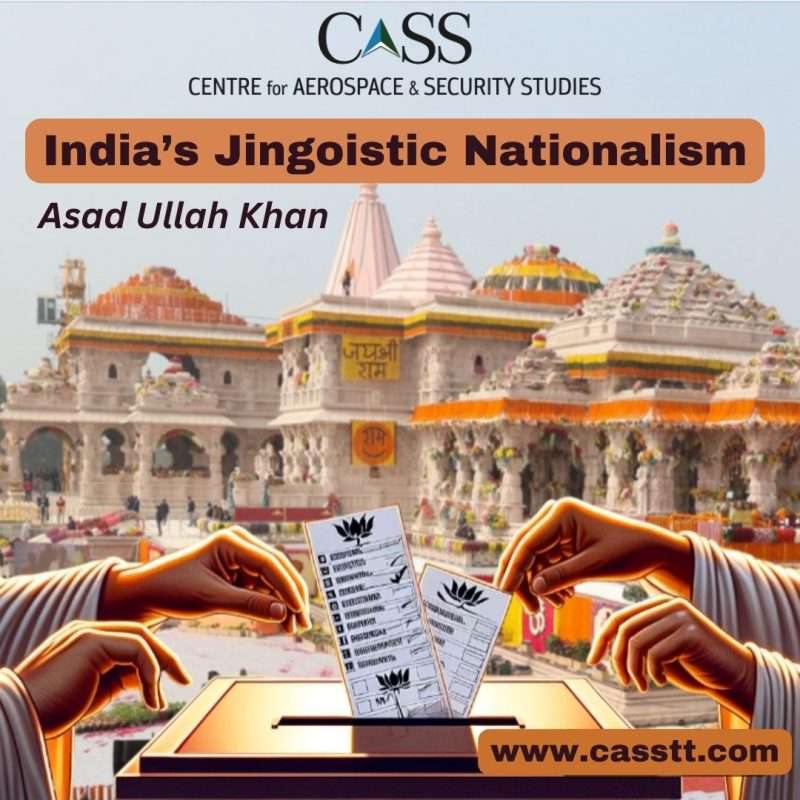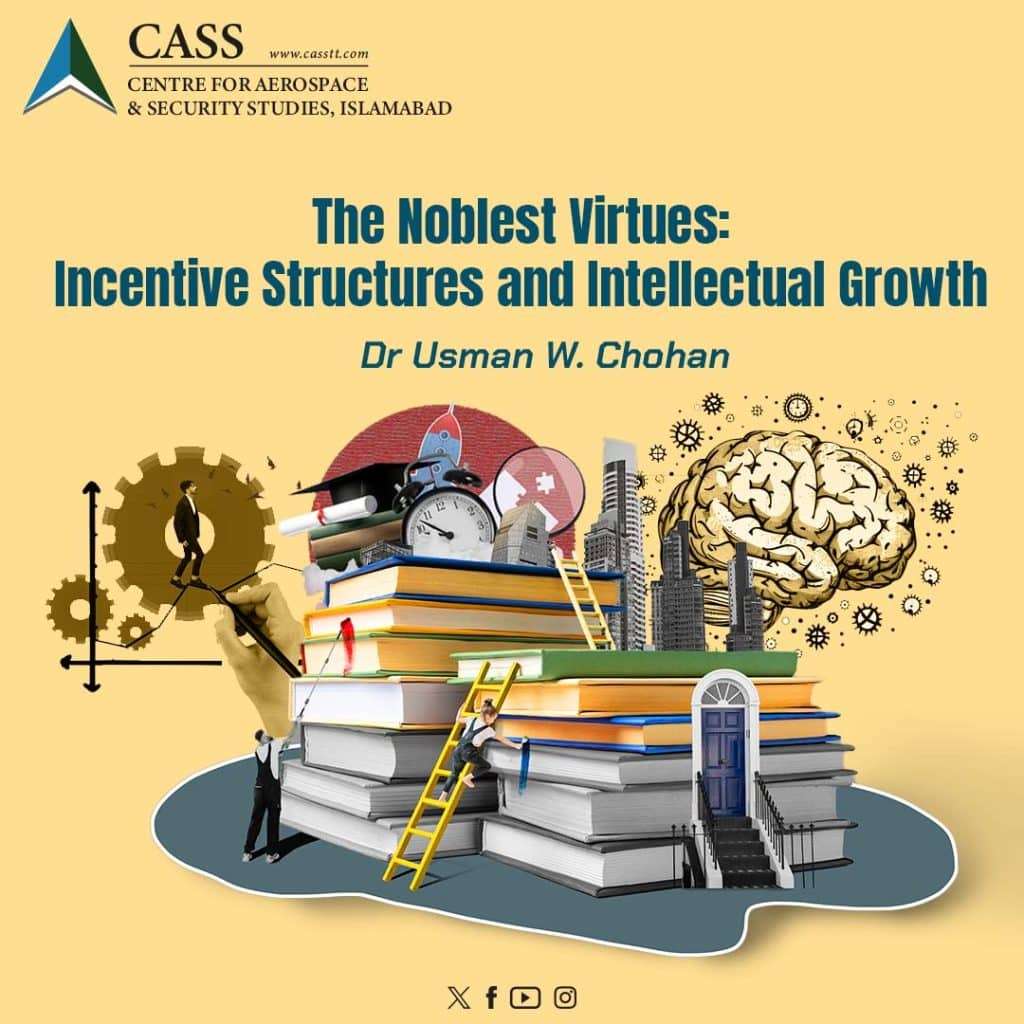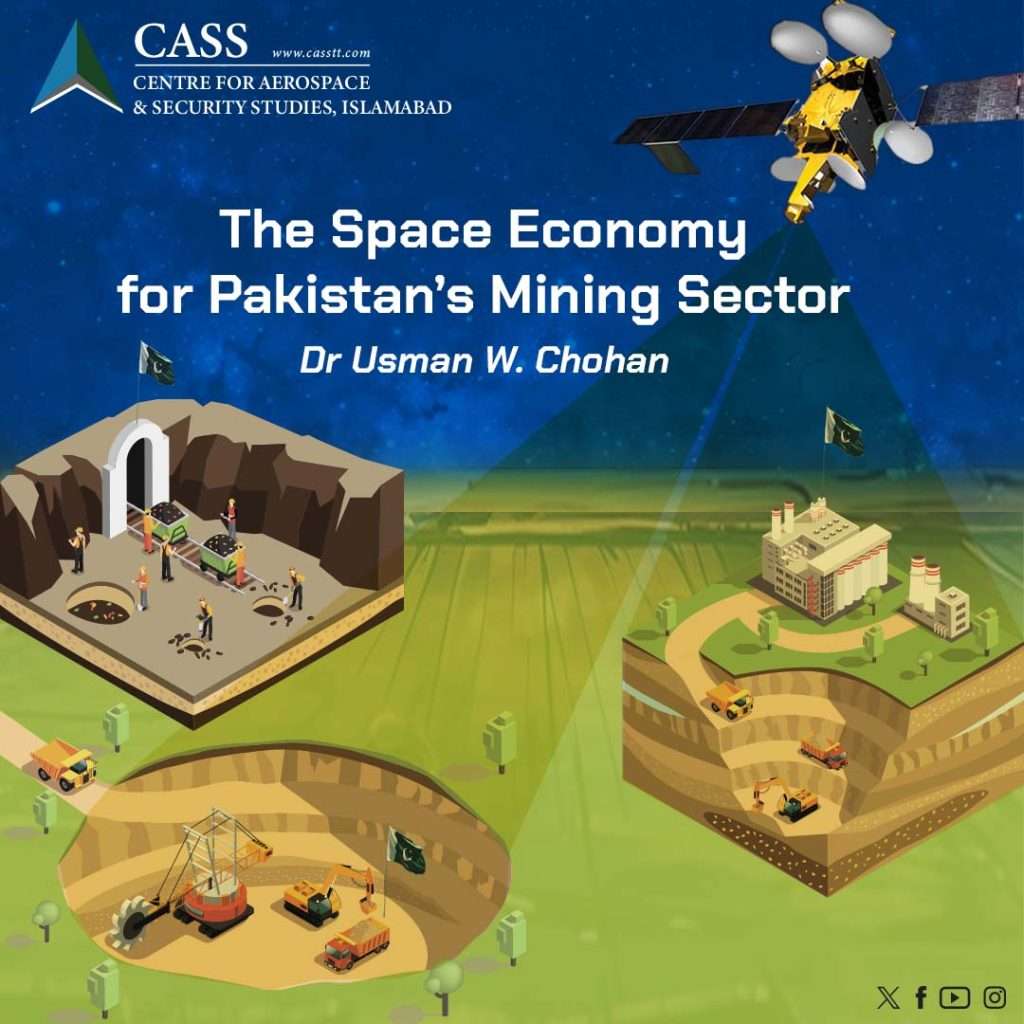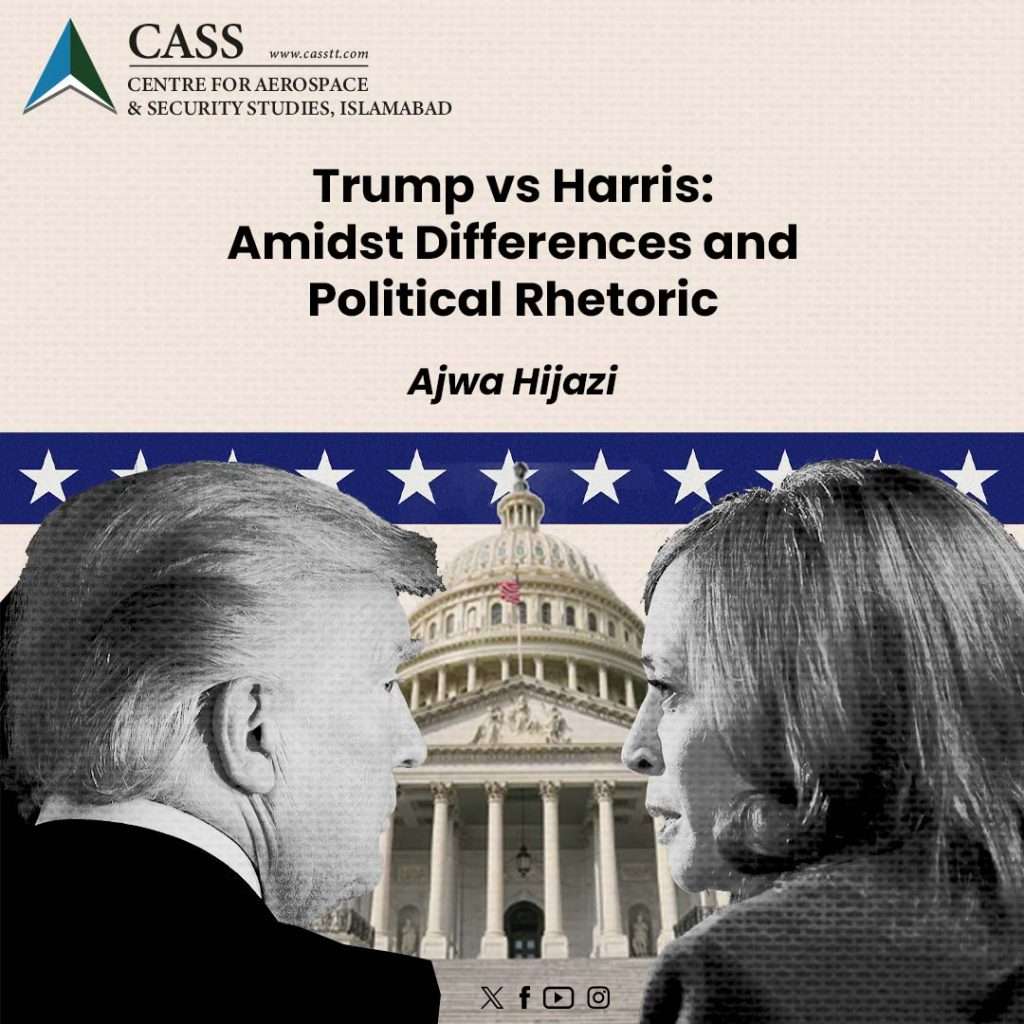A grand Hindu temple – Ram Mandir – has been inaugurated in the Indian city of Ayodhya. The Indian Prime Minister, Narendra Modi, attended – or led (as he would like history books to remember) – the consecration along with other Bharatiya Janata Party stalwarts, leaders from the Rashtriya Swayamsevak Sangh and even Modi’s opponents from the Congress. The grandeur of the opening ceremony cannot be comprehended until one realises that the temple was constructed at a cost exceeding more than USD 250 million!
Ironically, the political effort that went behind this grand project – along with the cost paid by India’s secular socio-political vision – is far greater than what the BJP government spent on the infrastructure.
Constructed on the ground that once was home to the Babri Masjid, the Ram Temple is a symbolic embodiment of how far – ahead in the future or perhaps behind in the past – India has come since 1992, the year when the Babri Masjid was destroyed based on the myth that once a Hindu temple had been at its place. But, contrary to perceptions, the masjid (mosque), a Mughal-era construction, was desecrated not for religious reasons alone. It held significant political value for the BJP, which back then was struggling to secure a majority in the Indian parliament, predominantly occupied by the ruling Congress Party. The temple movement offered the BJP a platform to unite people under its banner, creating an opportunity for broader expression. This movement was spearheaded by L.K. Advani, a seasoned BJP leader who readily combined identity politics with the pursuit of electoral success.
Advani intended to mobilise Hindus across the country to battle for the Ram Temple’s ‘reconstruction’ at the place where, according to Advani and his supporters, it had been constructed and then destroyed by Muslims. Therefore, Advani, as president of the BJP, started the Ram Rath Yatra in 1990 – India’s biggest mass rallies – organised by the BJP and other parties belonging to the right-wing Sangh Parivar (whose leaders stood with Modi while he inaugurated the temple more than 30 years later). The rally gathered huge crowds, crossed hundreds of towns, and turned violent on its way, exacerbating intense tensions and clashes between Hindus and Muslims. Consequently, BJP performed very well in the 1991 parliamentary elections. Identity politics provided the party with a new toolkit to further majoritarian assertion; portray Congress as anti-Hindu/pro-Muslim; draw ethno-religious cleavages for electoral gains; and highlight the ‘Muslim invasion of Mughals in India’ to rewrite past history. Although the rally garnered remarkable political traction from September to October in 1990, few predicted that the case built by Advani – and many of his ideological allies – would be realised with the foundation of an actual temple inaugurated by a Hindu-nationalist government bent on changing much of what is ‘Muslim’ to ‘Hindu’.
For more than 30 years, the BJP has largely formulated its electoral promises and governing manifesto around the revival of Hindu majoritarianism through charged political rhetoric, social engineering of the secular framework and creating divisions along religious lines. The project has played off on electoral grounds, with BJP winning two consecutive elections (2014 and 2019) and looking to sweep the third one in 2024 under Modi’s far-right leadership.
The BJP’s toolkit for achieving religious supremacy is not new, but the old ideas and strategies for majoritarian rule have made way for more sophisticated tools used under state patronage. The BJP government has made virtually every issue a contentious struggle for religious assertion against Muslims, who make up around 15 percent of the Indian population. From stripping them of citizenship to disallowing their marriages with Hindus to abrogating the special status of the Muslim majority state (Indian Illegally Occupied Jammu and Kashmir), the BJP coalition is using institutional efforts under the state’s legal cover to disenfranchise the Muslim population.
The secular world – in practice as well as theory – is not something Modi’s BJP is fond of; therefore, the word ‘secular’ has been omitted from the country’s constitution through an amendment. The BJP-led states are following the national rulebook – changing city names to what are referred to as Hindu names; altering the curriculum to eliminate chapters on the Mughal era, when Muslim rulers reigned India; and even putting bans on religious conversions and beef-eating.
India’s secular framework and freedom for Muslim expression, therefore, is getting destroyed like the foundations of the Babri Mosque were. Their replacement – like the Ram Temple – is the majoritarian outlook characterised by religious bigotry, ideational prejudice and exclusion of minorities from political and social platforms of expression. Unfortunately, the worst period for Indian Muslims and other minorities might not have arrived yet, with Modi eyeing this year’s election with overwhelming political momentum. The Indian polity’s secular identity is in real danger – the casualties are freedom, minority rights, inclusion and diversity – once the cornerstones of India’s democratic and ideational foundation.
Asad Ullah Khan is a Senior Research Associate at the Centre for Aerospace & Security Studies, (CASS), Islamabad, Pakistan. He can be reached at cass.thinkers@casstt.com
Design Credit: Mysha Dua Salman





